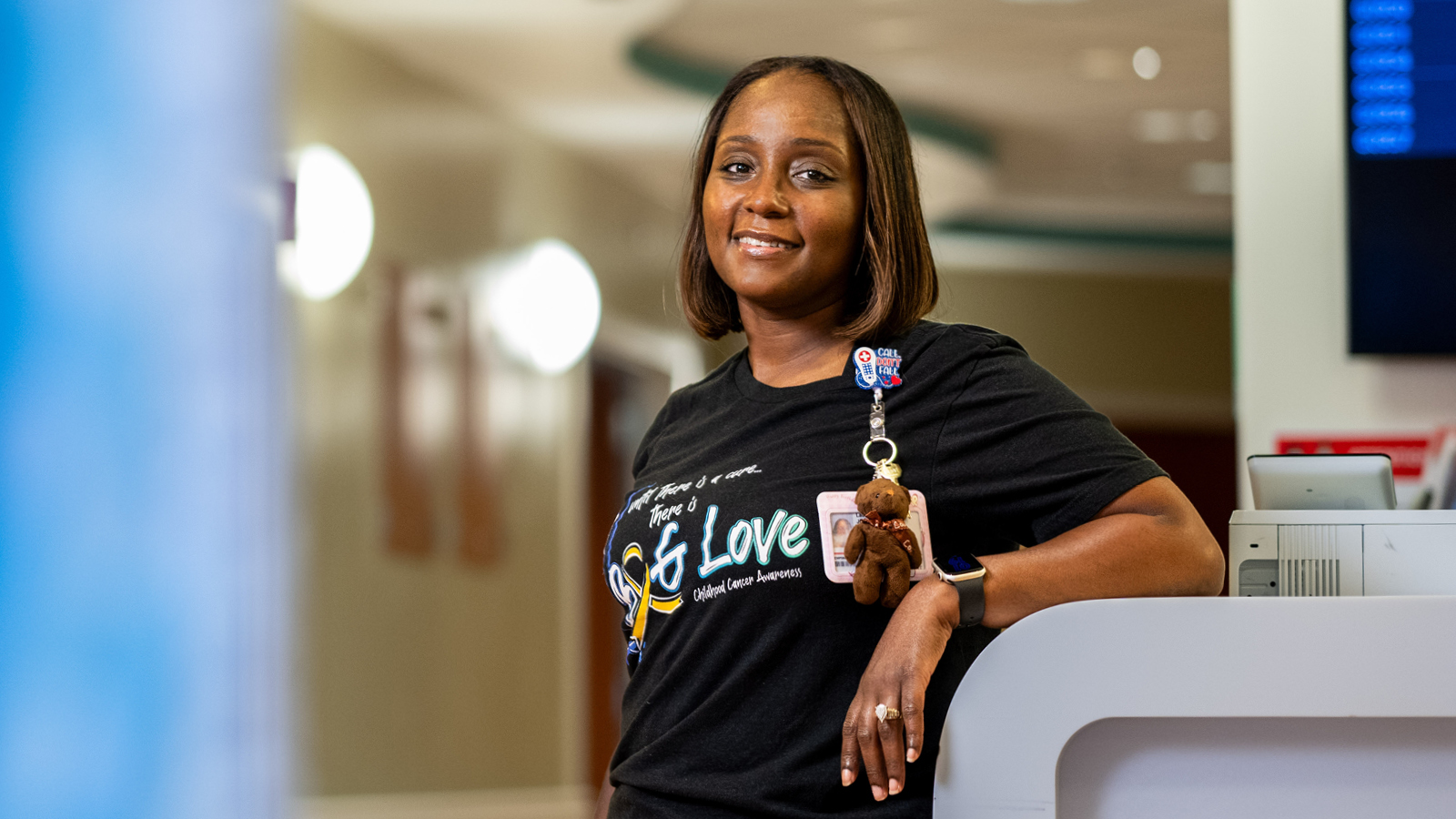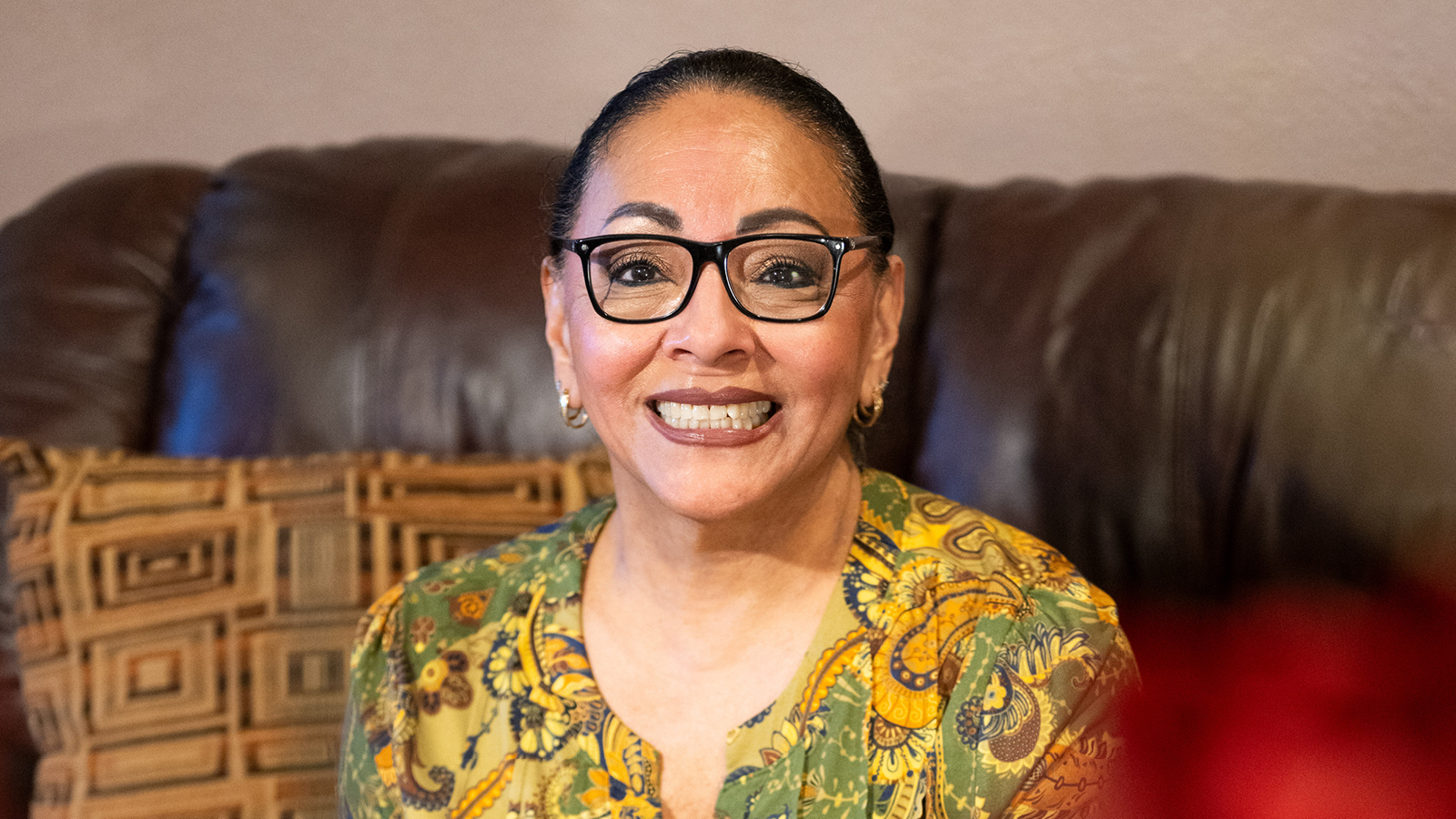- Diseases
- Acoustic Neuroma (14)
- Adrenal Gland Tumor (24)
- Anal Cancer (68)
- Anemia (2)
- Appendix Cancer (16)
- Bile Duct Cancer (26)
- Bladder Cancer (72)
- Brain Metastases (28)
- Brain Tumor (232)
- Breast Cancer (714)
- Breast Implant-Associated Anaplastic Large Cell Lymphoma (2)
- Cancer of Unknown Primary (4)
- Carcinoid Tumor (8)
- Cervical Cancer (158)
- Colon Cancer (166)
- Colorectal Cancer (118)
- Endocrine Tumor (4)
- Esophageal Cancer (44)
- Eye Cancer (36)
- Fallopian Tube Cancer (8)
- Germ Cell Tumor (4)
- Gestational Trophoblastic Disease (2)
- Head and Neck Cancer (12)
- Kidney Cancer (128)
- Leukemia (342)
- Liver Cancer (50)
- Lung Cancer (286)
- Lymphoma (278)
- Mesothelioma (14)
- Metastasis (30)
- Multiple Myeloma (100)
- Myelodysplastic Syndrome (60)
- Myeloproliferative Neoplasm (6)
- Neuroendocrine Tumors (16)
- Oral Cancer (100)
- Ovarian Cancer (172)
- Pancreatic Cancer (160)
- Parathyroid Disease (2)
- Penile Cancer (14)
- Pituitary Tumor (6)
- Prostate Cancer (146)
- Rectal Cancer (58)
- Renal Medullary Carcinoma (6)
- Salivary Gland Cancer (14)
- Sarcoma (238)
- Skin Cancer (296)
- Skull Base Tumors (56)
- Spinal Tumor (12)
- Stomach Cancer (64)
- Testicular Cancer (28)
- Throat Cancer (92)
- Thymoma (6)
- Thyroid Cancer (98)
- Tonsil Cancer (30)
- Uterine Cancer (80)
- Vaginal Cancer (16)
- Vulvar Cancer (20)
- Cancer Topic
- Adolescent and Young Adult Cancer Issues (20)
- Advance Care Planning (10)
- Biostatistics (2)
- Blood Donation (18)
- Bone Health (8)
- COVID-19 (362)
- Cancer Recurrence (120)
- Childhood Cancer Issues (120)
- Clinical Trials (632)
- Complementary Integrative Medicine (22)
- Cytogenetics (2)
- DNA Methylation (4)
- Diagnosis (232)
- Epigenetics (6)
- Fertility (62)
- Follow-up Guidelines (2)
- Health Disparities (14)
- Hereditary Cancer Syndromes (126)
- Immunology (18)
- Li-Fraumeni Syndrome (8)
- Mental Health (116)
- Molecular Diagnostics (8)
- Pain Management (62)
- Palliative Care (8)
- Pathology (10)
- Physical Therapy (18)
- Pregnancy (18)
- Prevention (918)
- Research (392)
- Second Opinion (74)
- Sexuality (16)
- Side Effects (604)
- Sleep Disorders (10)
- Stem Cell Transplantation Cellular Therapy (216)
- Support (402)
- Survivorship (322)
- Symptoms (182)
- Treatment (1786)
5 hard truths it’s important to acknowledge as a caregiver
5 minute read | Published March 15, 2023
Medically Reviewed | Last reviewed by an MD Anderson Cancer Center medical professional on March 15, 2023
According to the Centers for Disease Control (CDC), roughly 6 in every 10 adults live with some form of chronic illness. Many are severe enough that their sufferers require some type of assistance to manage their lives. That means thousands of spouses, parents, siblings, adult children and close friends are serving as someone’s caregiver each day.
But acting as a caregiver isn’t easy. Depending on how debilitating a loved one’s condition is, it could involve anything from a few hours a week spent fetching groceries and running errands to 24-hour supervision that involves assistance with basic functions like eating, taking medication and using the bathroom.
Being honest about some of the more challenging aspects of these arrangements is critical to maintaining your mental and emotional health as a caregiver. Here are five things senior social work counselor Paige Falcon urges caregivers to acknowledge, even if only to themselves.
1. Acknowledge the grief.
There’s no doubt that a serious illness can negatively impact a relationship. Even the most loving spouses may struggle when a cancer diagnosis calls into question all of the previously given aspects of their relationship.
“After a cancer diagnosis, a lot of the plans people might’ve had — like traveling or enjoying certain hobbies together after retirement — have to be reconsidered,” says Falcon. “In some cases, they might have to be shelved or set aside indefinitely. And having to say goodbye to long-cherished dreams is a real loss. So, it’s natural to feel sad about it.”
Changes brought about by cancer or its treatment may also change the way someone thinks, speaks or behaves toward their caregiver, especially with cancers that affect the brain and endocrine system.
“This is really hard for many caregivers because they don’t know how to act,” adds Falcon. “Their loved ones are not who they used to be, and their roles have shifted dramatically, so the old ways of interacting just don’t work anymore.”
To counter this, Falcon suggests speaking with a therapist or licensed social work counselor to find more productive ways of interacting with your loved one.
“We can help you process your grief,” she says. “That way, you can meet them where they are now, rather than where they used to be.”
MD Anderson caregivers may contact one of our social work counselors for support.
2. Acknowledge the strain.
Whether you’re setting aside a few hours each week to help someone with housework or watching over them all the time, assuming responsibility for another person’s well-being can be extremely taxing.
“In many cases, caregivers aren’t just caring for their sick loved ones. They’re also caring for themselves, and sometimes children and aging parents, too,” says Falcon. “Top that off with a career, and suddenly you’re working the equivalent of three full-time jobs.”
To ease the pressure, consider delegating some of your tasks or enlisting help to get chores done. Can a sibling do the grocery shopping this week? Can a teen handle the laundry or a spouse take over the cooking duties?
“Not many people understand how hard it is to care for someone day after day,” says Falcon. “So, ask for help and let others lighten your load. Set up a rotating schedule if you can, so you don’t have to do everything all by yourself.”
3. Acknowledge your anger and/or resentment.
Ever felt irritated by a loved one asking you to bring them something they could have easily reached themselves — or asking for help with something they normally could do without any assistance? You’re not alone.
“Many caregivers already feel stretched pretty thin, so to have your loved one ask for one more thing can be extremely annoying — like when a friend asks you a question they could have just as easily answered with a quick online search,” says Falcon. “But it’s natural to feel irritated. So, don’t judge yourself for having the feelings.”
Instead, pay attention to when you start feeling angry or resentful and find healthy ways to release it so you don’t blow up at your loved one. That could mean phoning a trusted friend to unload your frustrations, taking a brisk walk to blow off steam, or even screaming into a pillow.
“Give yourself permission to complain sometimes,” adds Falcon. “Taking care of other people is hard!”
4. Acknowledge the isolation.
It’s easy to start feeling isolated when your world revolves about caring for another person. But throw in a cancer diagnosis, and suddenly those feelings get amplified.
“People who’ve never dealt with cancer before don’t always understand the restrictions and time constraints involved,” says Falcon. “If your loved one is immunocompromised, for instance, you might’ve had to limit your contact with people outside of your household even prior to COVID-19. And you might not want to go out to socialize at night if you’re already exhausted from being with someone at medical appointments all day.”
To help you feel more connected, Falcon suggests reaching out to other caregivers — whether through support groups, social media or myCancerConnection (MD Anderson’s one-on-one support community for patients and caregivers) — and touching base with other friends and family members as often as possible.
“Just hearing someone else talk about an experience you’ve had can be extremely validating and make you feel less alone,” says Falcon. “And caregivers always say they feel better when they can go out to dinner with a buddy and NOT talk or think about cancer for a while.”
5. Acknowledge when it’s become too much.
Everyone has a breaking point. So, if you’ve reached yours, don’t be afraid to ask for help.
“You’re a human, not a robot,” says Falcon. “Give yourself permission to reassess your living situation any time you feel like something is not working.”
Maybe you just need a quick breather or some time to recharge. So, find a neighbor who can spot you for a few minutes while you take a walk around the block or visit a coffee shop. If you’re at your wit’s end and feeling stressed to the max, though, contact one of our social work counselors.
“We can assist both by letting you vent your frustration in the moment and helping you formulate a plan to get help long-term — whether that’s by recruiting friends and other family members or by hiring a part-time caregiver. Sometimes just talking about whatever is going on is enough to give caregivers the space they need to reassess and collect themselves.”
Request an appointment at MD Anderson online or by calling 1-877-632-6789.

It’s totally natural to get aggravated.
Paige Falcon
Senior Social Work Counselor





